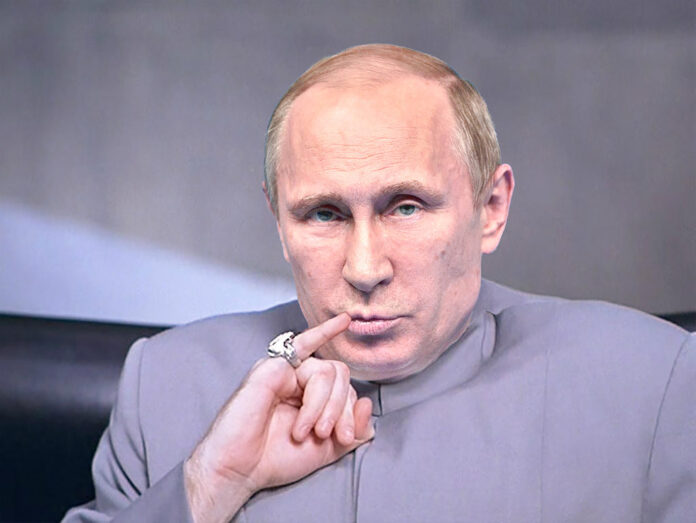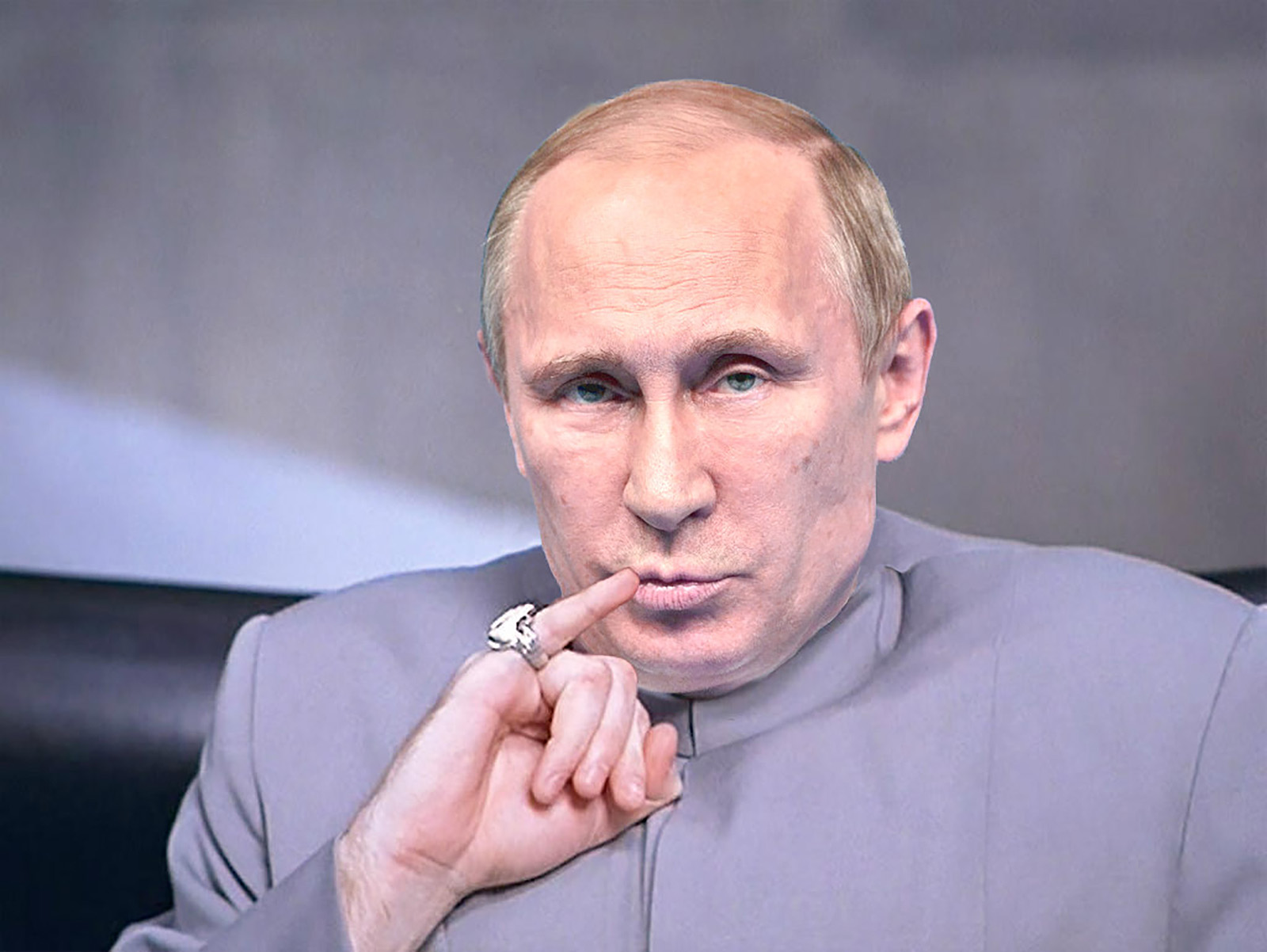Putin’s aggression against Ukraine was perceived as a thunderclap by the West, because it is always difficult to believe the worst. However, there has been no lack of warning signs, and not only in the last few weeks. Putin’s regime has revealed worrying tendencies from his very first months.
In 1933, it only took a few weeks for Sebastian Haffner, a perceptive young German, to understand that Hitler was going to lead his country to catastrophe. He felt “almost physically the smell of blood and mud floating around this man”1. One could have had the same impression in Russia at the end of 1999-beginning of 2000. The way that Putin had risen to power, the very beginnings of his reign should have made it clear that the new leader of Russia was a dangerous man. As soon as he was appointed head of government by Yeltsin, he undertook to remove the inhibition of Russian citizens to use force. This was accomplished thanks to the September 1999 terrorist attacks, which were blamed without proof on the Chechens (while the FSB was caught placing explosives by the inhabitants of a building) and allowed Putin to launch a devastating war against Chechnya. This war served as his election campaign in 2000. It launched hate speech on Russian television and triggered a wave of chauvinism on which Putin has surfed to this day.
Today, a retrospective look at Putin’s actions since the end of 1999 is bloodcurdling. In a few months the former KGB agent had liquidated the freedom of the press existing under Yeltsin, subdued the oligarchs, made the Duma subservient; and in a few years he had eliminated the opposition parties, replacing them with Kremlin-manipulated puppets. For this he used corruption, blackmail and intimidation, even assassination. Television became the main instrument of his hold on the country. For years it radiated hatred against Chechens, Balts, Georgians, and, finally, Ukrainians, not to mention Europeans and Americans.
As soon as Russia was brought into line, Putin turned to foreign policy. His objectives were those of the USSR: to turn Europe against the United States, to weaken NATO, to tear the United States apart in partisan quarrels, to divide the EU. But Putin proved himself more inventive in achieving them than the Soviet bureaucrats had been. He proceeded both from above, by co-opting or recruiting elites, and from below, by molding the masses through social networks from the moment his propagandists learned to use this dream tool.
The post-war order was based on cooperation and reconciliation between peoples. Russian propaganda undertook to destroy the basis of this order, European solidarity, the transatlantic link, the trust in representative institutions and democracy. Moscow chose to support extremist parties, stir up the most primitive nationalism, disseminate conspiracy theories, and fuel all kinds of hatreds, interethnic, religious, and “social class”; Kremlin propaganda strove to discredit the elites and instill a black misanthropy, showing everywhere lies, corruption, and universal malice. The aim of this propaganda bombardment was to make democratic countries ungovernable, to instill a climate of civil war, to make them weary of freedom, and thus render them Kremlin-compatible. At the same time, in order to take revenge on the West, Putin supported all dictators who had been rejected by their people, provided them with the means to stay in power and secure impunity for themselves by equipping them with air defense systems and bodyguards. To undermine the international order, Moscow inflated the ambitions of these dictators in Syria, Turkey and Africa.
Westerners have long been baffled by this policy. Encouraged by Kremlin propaganda, they have believed that Russia was defending its “national interests”. It does not occur to anyone, especially in naturally benevolent democracies, that a leader would devote all his efforts to a policy of pure nuisance, to the detriment even of his country. Because of this fundamental misreading, Putin has encountered few obstacles for years. And since it is always easier to sow discord than to push nations to overcome their animosities and dictators to respect human rights, Putin seemed for a long time to win against weak and irresolute interlocutors. Thus he succumbed to what Stalin called “the vertigo of success”. Having prepared his country for war since 2007, he launched himself into a crescendo of provocations, believing he could finally deliver the coup de grace to this hated West by taking aim at unfortunate Ukraine. But today the West has realized that it was wrong to close the eyes to the immorality of the “Putin system”. A regime built on hatred and resentment can only enter into conflict with the nations around it. It is better to react promptly than to let things degenerate. Only ethics bestows lucidity and leads to courage. Let us hope that this hard-won lesson will be learned, and that it is not too late.
First published in Libération Feb. 25, 2022
She has a degree in classical literature and spent 4 years in the USSR from 1973 to 1978. She is an agrégée in Russian and teaches Soviet history and international relations at Paris Sorbonne.
Books
- Beria, le Janus du Kremlin (Editions du Cerf, 2013)
- Comprendre le poutinisme (Desclée de Brouwer, 2018)
- La Marche à rebours (Sorbonne Université Presses, 2021)




